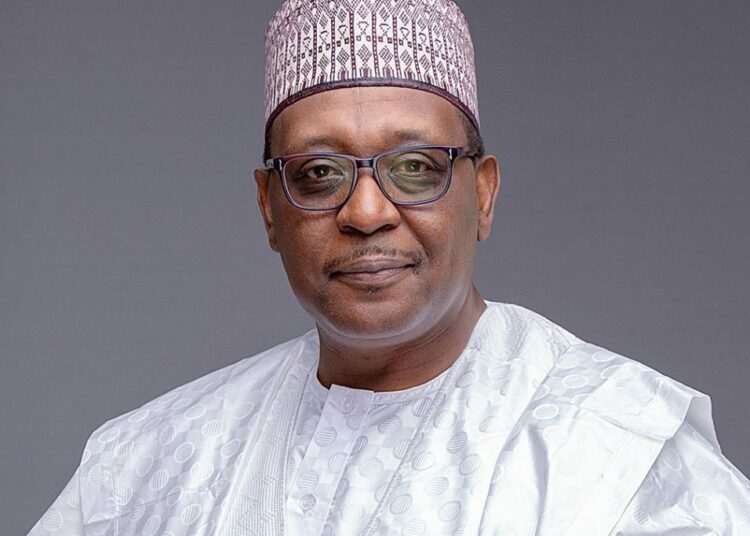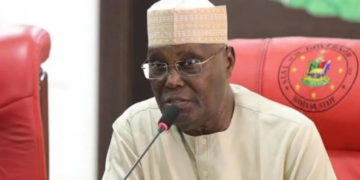Minister of health and social welfare Prof. Muhammad Pate has said that even though the climate challenge is global, Nigeria must localise the solutions for effectiveness.
The minister said this was essential to addressing the country‘s unique challenges and effectively leveraging its available resources.
The minister stated this yesterday at the Future of Health Conference 2024, themed: “Addressing the Climate and Health Nexus: Building Resilience Through Collaboration and Action,” organised by the Nigeria Health Watch, in Abuja.
He said, “While the climate challenge is global, the solutions must be localised, grounded in the context of our respective countries. Localising our response is essential to addressing our unique challenges and leveraging our available resources effectively.”
Pate noted that the country has faced significant climate-related disruptions, including widespread flooding and droughts in various regions, adding that these environmental shifts have brought with them a sharp increase in climate-sensitive diseases.
“In December, during a visit to Kano, community leaders expressed concern about seeing malaria cases during a time of year when it is usually not prevalent. We are also witnessing the emergence of new vectors, such as dengue in Sokoto and yellow fever in other regions. Additionally, cholera outbreaks linked to contaminated water sources and other enteric diseases are becoming more frequent.
“The effects of climate change are not confined to infectious diseases.
The air quality has worsened, exacerbating both infectious diseases and non-communicable diseases (NCDs), such as respiratory issues and cardiovascular conditions, which now represent the fastest-growing health burden in Nigeria.
„The adverse effects on food systems, leading to malnutrition and food insecurity, are also a major concern,’’ the minister explained.
To address these challenges, Prof. Pate said robust health system is needed, adding that governance, policy, and multisectoral collaboration are critical.
He, however, stated that the government was looking for ways to create economic value while addressing climate challenges.
In her opening address, the managing director of Nigeria Health Watch, Vivianne Ihekweazu, stressed the need for local solutions to climate change in the country.
„We cannot wait for others to solve this problem for us. We must take the lead, leveraging our local community knowledge and addressing knowledge gaps at the grassroots. Resilience is about community-level adaptation, but all too often, we overlook the invaluable insights that local communities bring to these solutions,“ she said.
Also speaking at the event, the global programme lead, Climate and Health, World Bank, Dr. Tamer Rabie, commended Nigeria‘s effort, saying „You‘re putting in the evidence, you‘re developing the policy through a health national adaptation plan, you‘re bringing in the investments and scaling up action through.
„In this case, developing a programme that is coming in to focus on strengthening of primary health care, bringing in quality into service delivery designs, and ensuring, obviously, that you are also working quite closely with so many different stakeholders, including the private sector. So in my mind, this is the full continuum.“
However, he said that more still needs to be done, to reach those people who are most vulnerable in the country, and to ensure that no life is lost because of the climate crisis.





